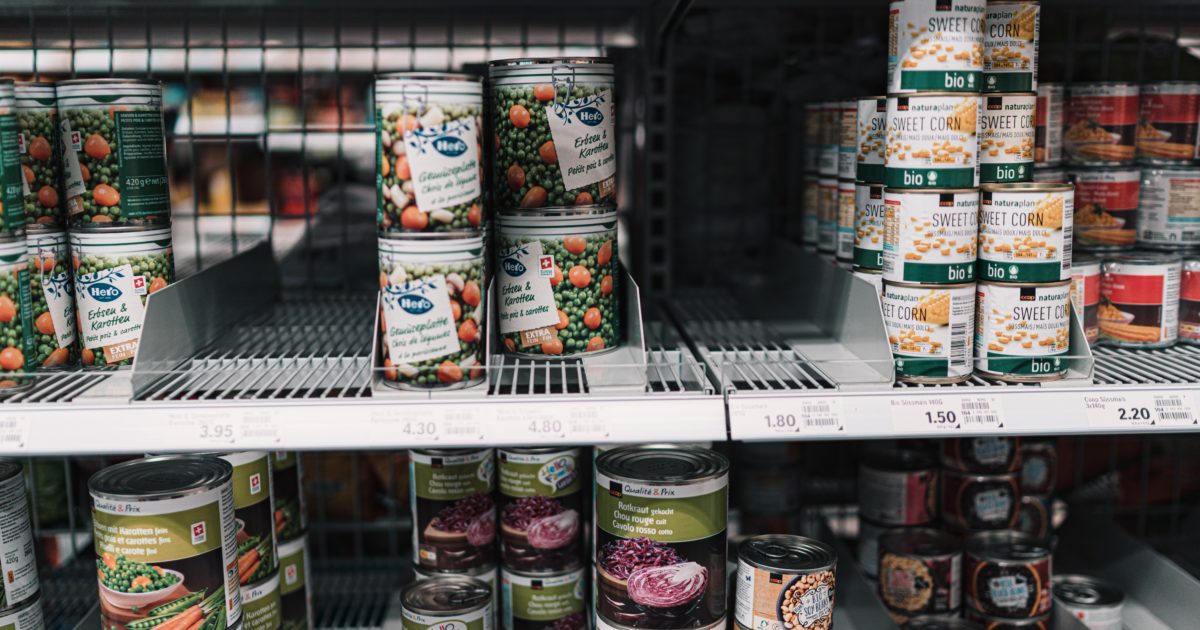“Be prepared” is more than just the motto of the Boy Scouts or a Disney song featuring an animated lion. It’s a concept that is at the forefront of many American minds as 2020 showed the importance of having a plan in place if the world goes to hell.
Before 2020, you might have thought you were prepared for any situation to come your way, but now are wondering how you can better prepare yourself and your family for all contingencies.
That’s why we’ve put together this list of tips for beginning preppers to help you figure out the best approach for yourself and family.
1. Keep It Simple
Prepping can be overwhelming. There are so many factors to consider when you decide to prep. In order to keep it simple, start with the basics. By preparing one item at a time, you’ll stop yourself from being overwhelmed and stay focused on completing the task at hand. Start with preparing for a natural disaster that would leave you and your family without power for three days. Then build your supply to two weeks. Then a month and so on and so forth. Soon you’ll have a plan and be prepared for whatever may happen.
2. Start small
Similar to Tip 1, you’ll want to start small and slowly build. Assess your risks to determine what kind of prepping you should start with. Many preppers start with their bug-out bag and plan and then build from there. Another popular first step to prepping is preparing your vehicle for an emergency.
3. Remember the rule of 3
You can survive three minutes without air, three days without water and three weeks without food. If you are serious about being prepared, you will need to ensure you have a clean and efficient source of water. You probably grossly underestimate how much water you use on a daily basis for cleaning, cooking and consumption.
The other rule of three in prepping is to have a primary, secondary and tertiary source for everything. For example, your primary source of water is the faucet; secondary is bottles of water and tertiary is a water filtration system. You’ll want redundancies in place to ensure you have what you need when you need it.
4. Prepare financially
Not only will you need to budget accordingly to afford prepping supplies and materials, you’ll want to start keeping a cash stash on hand. If anything were to happen to the banking system, debit and credit cards will be useless.
One of the biggest pit falls many beginning preppers make is buying already-made survival kits. They are expensive and aren’t customizable to your family and situation. They may be tempting because they are quick, but take the time and avoid the easy solution.
5. It’s more than just food
When it comes to prepping, most people imagine a warehouse of food in a basement. While stockpiling food items that you and your family eat on a regular basis is an essential part of prepping, there’s more to it than that. You have to have back ups for all kinds of essentials. If your house were to lose power, how would you cook, do laundry or even keep your food from spoiling? You’ll need to think of back up
Refine your skills
You’ll need more than just a few skills in order to survive. You’ll want to practice and refine all survival skills before an event happens. It’ll be important to cook outdoors, sanitize water, grow food and start a fire, among other things. These are things you can practice ahead of time and are cheap, if not free. Break out the camp stove and learn how to make your favorite meal in a small space. Learn how to start a fire using different materials – wet and dry wood, for example — and with matches, lighter or other fire starter.
Never assume
We all know the old saying about “don’t assume” anything. And that applies to prepping too. Don’t assume that you’ll be able to stay in your home during any certain event. Have a plan to leave your home, and potentially your stash.
Build a stockpile and rotate it
You have your stockpile and you’re feeling good. But don’t forget to rotate it and use items and replace them to maintain freshness and shelf life. This is another reason why ready-made survival kits aren’t a great investment: you won’t break the kit open to use a can of vegetables for dinner and replace it on your next shopping trip.
One other important tip is to make sure and keep your gear all in the same place. Don’t separate it for those weekend camping trips because then it won’t be all in one spot when you need it.
***
Did you find this helpful? Be sure to share it!

